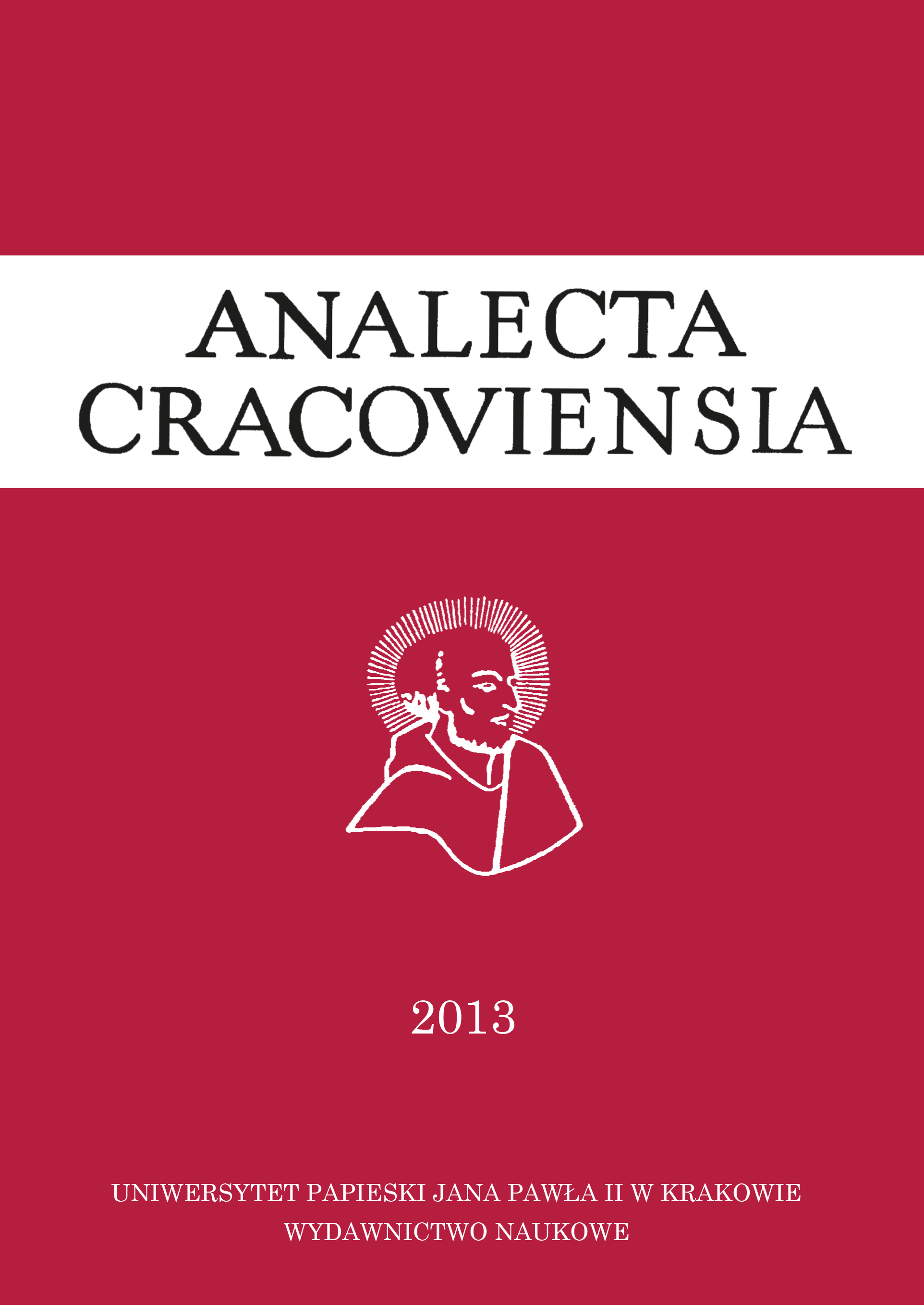Miłosierdzie Boże jako źródło radości i szczęścia
DOI:
https://doi.org/10.15633/acr.1129Słowa kluczowe:
Mystery of God, Divine Mercy, Merciful Jesus, Holy Trinity, Saint Faustina Kowalska, joy, happiness, mystical union, psycho-spiritual healthAbstrakt
Joy is an important factor in human life. It is indispensable in giving a positive sense to human existence, in enlivening everyday life; it is also important in the process of man’s self-improvement. It exerts a big influence on one’s somatic and psycho-spiritual health and that is why one may refer to it as a healing element. It is a strength which removes inter-human barriers which unites and creates a community. It is based on friendship and love. Thanks to joy, man finds it easier to forgive others and is able to love his neighbor.
The source of Christian joy is Jesus himself, who is revealing God Father. The mystical experience of St. Sister Faustina, described in her Diary is conferring the possibility of truth joy coming out from the experience of God in the contemporary world.
Pobrania
Opublikowane
Numer
Dział
Licencja
Prawa autorskie (c) 2015 Jan Machniak

Praca jest udostępniana na licencji Creative Commons Attribution-NonCommercial-NoDerivatives 3.0 Unported License.
Obecnie autorzy publikujący w czasopiśmie udzielają jego wydawcy zgody o następującej treści:
- Autor zachowuje autorskie prawa majątkowe do utworu, a jednocześnie udziela wydawcy czasopisma zgody na jego pierwszą publikację w wersji drukowanej i wersji online na licencji Creative Commons Uznanie autorstwa 4.0 Międzynarodowe oraz zgody na wykonywanie opracowań, w tym przekładów.
- Autor ma możliwość udzielania zgody niewyłącznej na opublikowanie utworu w wersji, która ukazała się w czasopiśmie (np. zamieszczenia go w repozytorium instytucjonalnym lub opublikowania w książce), wraz z informacją o jego pierwszej publikacji w czasopiśmie.
- Autor może umieścić swój utwór online (np. w repozytorium instytucjonalnym lub na swojej stronie internetowej) jeszcze przed zgłoszeniem utworu do czasopisma.

